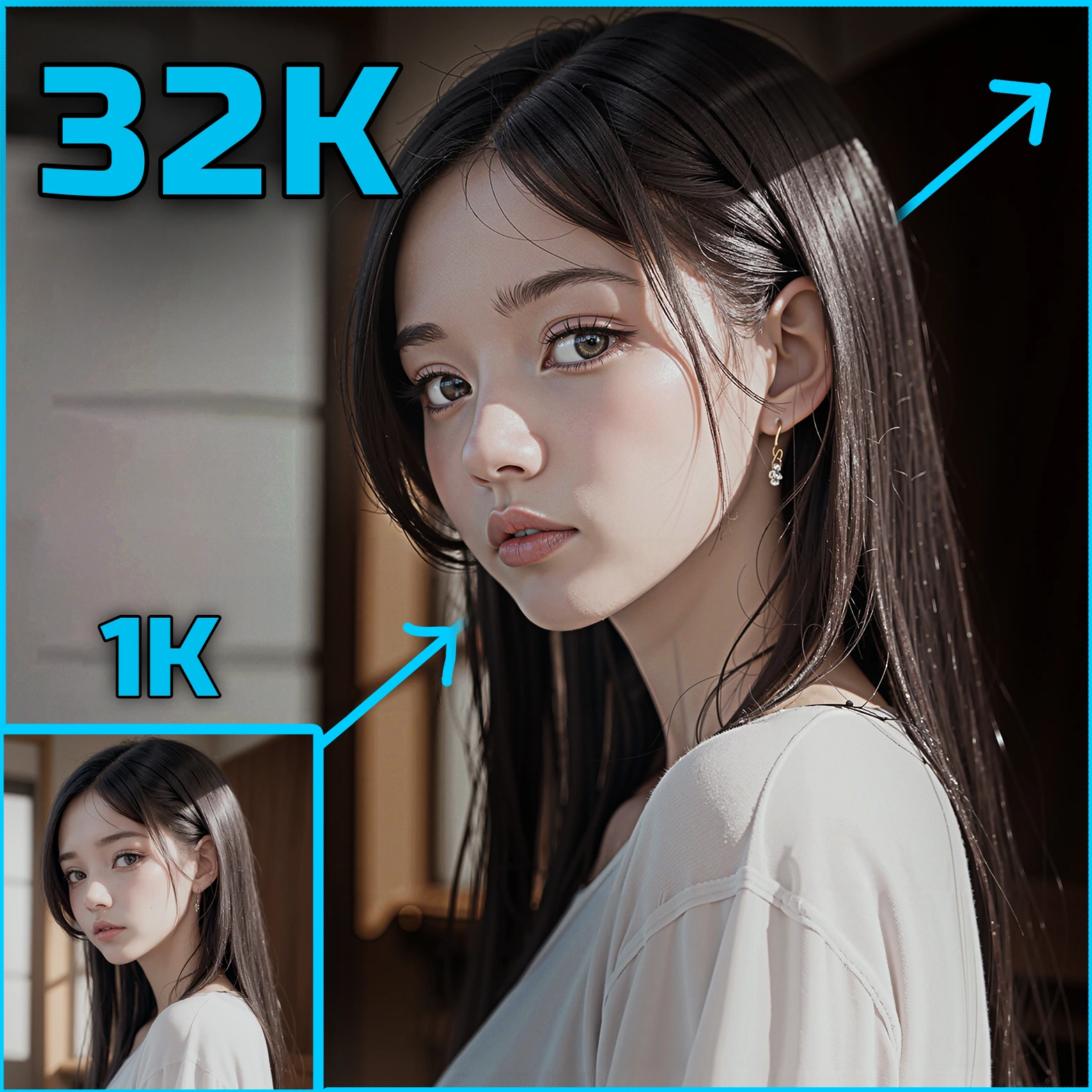ComfyUI Node: FL Kohya Train
FL_KohyaSSTrain
Category🏵️Fill Nodes/Training
filliptm (Account age: 2021days) Extension
ComfyUI_FL-Trainer Latest Updated
2024-10-18 Github Stars
0.16K
How to Install ComfyUI_FL-Trainer
Install this extension via the ComfyUI Manager by searching for ComfyUI_FL-Trainer- 1. Click the Manager button in the main menu
- 2. Select Custom Nodes Manager button
- 3. Enter ComfyUI_FL-Trainer in the search bar
Visit ComfyUI Online for ready-to-use ComfyUI environment
- Free trial available
- 16GB VRAM to 80GB VRAM GPU machines
- 400+ preloaded models/nodes
- Freedom to upload custom models/nodes
- 200+ ready-to-run workflows
- 100% private workspace with up to 200GB storage
- Dedicated Support
FL Kohya Train Description
Facilitates AI model training with Kohya-SS framework for AI artists to customize training configurations easily.
FL Kohya Train:
FL_KohyaSSTrain is a node designed to facilitate the training of AI models using the Kohya-SS framework. This node is particularly useful for AI artists who want to fine-tune their models with specific configurations and parameters without delving into the complexities of the underlying code. The primary goal of FL_KohyaSSTrain is to provide a streamlined and user-friendly interface for setting up and executing training processes. By leveraging this node, you can customize various aspects of the training, such as the number of training steps, learning rate, and other advanced configurations, ensuring that the model training aligns with your specific artistic needs and goals.
FL Kohya Train Input Parameters:
workspace_config
This parameter specifies the configuration of the workspace where the training will take place. It includes details such as the directory structure, data paths, and other environment settings necessary for the training process. Proper configuration ensures that the training environment is correctly set up, which is crucial for successful model training.
train_config_template
This parameter refers to the template configuration for the training process. It includes predefined settings and parameters that guide the training process, such as batch size, optimizer settings, and other hyperparameters. Using a template helps standardize the training process and ensures consistency across different training sessions.
ckpt_name
The ckpt_name parameter specifies the name of the checkpoint file where the model's state will be saved during training. This is important for resuming training from a specific point or for evaluating the model's performance at different stages. The checkpoint name should be unique to avoid overwriting previous checkpoints.
max_train_steps
This parameter defines the maximum number of training steps to be executed. It controls the duration of the training process and can impact the model's performance. Setting this value too low may result in underfitting, while setting it too high may lead to overfitting. The default value is 1,000,000 steps.
max_train_epochs
The max_train_epochs parameter specifies the maximum number of epochs for the training process. An epoch represents one complete pass through the training dataset. Similar to max_train_steps, this parameter helps control the training duration and model performance. The default value is determined by the epochs variable.
save_every_n_epochs
This parameter determines how frequently the model's state should be saved during training, based on the number of epochs. For example, setting this value to 1 means the model will be saved after every epoch. This is useful for tracking the model's progress and for resuming training if needed.
learning_rate
The learning_rate parameter controls the step size at each iteration while moving toward a minimum of the loss function. It is a crucial hyperparameter that affects the speed and quality of the training process. A learning rate that is too high can cause the training to converge too quickly to a suboptimal solution, while a learning rate that is too low can make the training process excessively slow.
base_lora
This parameter specifies the base LoRA (Low-Rank Adaptation) model to be used during training. If set to "empty," no base LoRA model will be used. This parameter allows for the incorporation of pre-trained models to enhance the training process.
sample_prompt
The sample_prompt parameter provides a prompt that can be used to generate sample outputs during the training process. This is useful for evaluating the model's performance and for making adjustments to the training parameters as needed.
advanced_config
This parameter allows for the inclusion of advanced configuration settings that can further customize the training process. These settings can include additional hyperparameters, data augmentation techniques, and other advanced options that provide greater control over the training process.
FL Kohya Train Output Parameters:
None
FL_KohyaSSTrain does not produce any direct output parameters. Instead, it focuses on executing the training process based on the provided input parameters and configurations.
FL Kohya Train Usage Tips:
- Ensure that the
workspace_configis correctly set up to avoid any issues with the training environment. - Use a well-defined
train_config_templateto standardize your training process and ensure consistency. - Regularly save checkpoints using the
save_every_n_epochsparameter to track progress and resume training if needed. - Experiment with different
learning_ratevalues to find the optimal setting for your specific training task. - Utilize the
sample_promptto generate sample outputs and evaluate the model's performance during training.
FL Kohya Train Common Errors and Solutions:
"Invalid workspace configuration"
- Explanation: This error occurs when the
workspace_configparameter is not correctly set up or contains invalid paths. - Solution: Double-check the
workspace_configsettings and ensure all paths and directories are correctly specified.
"Checkpoint name already exists"
- Explanation: This error occurs when the specified
ckpt_namealready exists, leading to potential overwriting of previous checkpoints. - Solution: Use a unique
ckpt_nameto avoid overwriting existing checkpoints.
"Learning rate too high/low"
- Explanation: This error indicates that the
learning_rateparameter is set to a value that is either too high or too low, affecting the training process. - Solution: Adjust the
learning_rateto a more appropriate value based on the model's performance and training requirements.
"Invalid advanced configuration"
- Explanation: This error occurs when the
advanced_configparameter contains invalid or unsupported settings. - Solution: Review the
advanced_configsettings and ensure they are valid and supported by the training framework.
FL Kohya Train Related Nodes
RunComfy is the premier ComfyUI platform, offering ComfyUI online environment and services, along with ComfyUI workflows featuring stunning visuals. RunComfy also provides AI Models, enabling artists to harness the latest AI tools to create incredible art.


